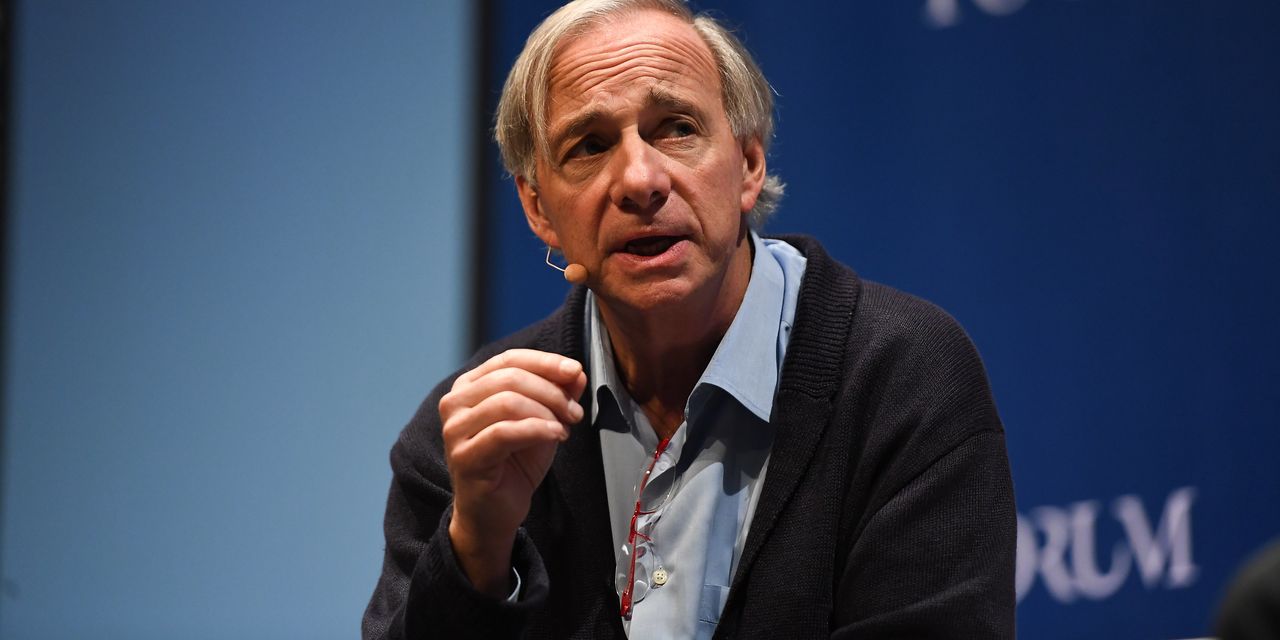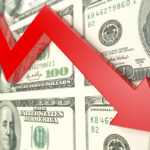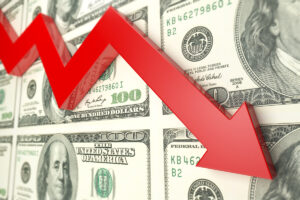
Ray Dalio is not a fan of bonds.
The founder of Bridgewater Associates, the world’s largest hedge-fund firm, decried the “ridiculously low yields” of bonds in a LinkedIn blog post Monday, while urging a diversified portfolio.
“ “The economics of investing in bonds (and most financial assets) has become stupid. . . Rather than get paid less than inflation why not instead buy stuff — any stuff — that will equal inflation or better?” ”
(The yield on the 10-year U.S. Treasury note TMUBMUSD10Y, 1.726% pulled back from one-year highs Monday, ahead of a meeting by the Federal Reserve.)
Dalio has never been a fan of holding cash either — and he still isn’t.
“I believe cash is and will continue to be trash (i.e., have returns that are significantly negative relative to inflation) so it pays to a) borrow cash rather than to hold it as an asset and b) buy higher-returning, non-debt investment assets,” he wrote.
“History and logic show that central banks, when faced with the supply/demand imbalance situation that would lead interest rates to rise to more than is desirable in light of economic circumstances, will print the money to buy bonds and create ‘yield curve controls’ to put a cap on bond yields and will devalue cash,” Dalio said. “That makes cash terrible to own and great to borrow.”
Read: Opinion: Why inflation makes holding bonds for the long run riskier than owning stocks
Dalio also warned that a wealth tax in the U.S., such as the one proposed by Sen. Elizabeth Warren, would only lead to capital outflows and efforts to evade the taxes. “The United States could become perceived as a place that is inhospitable to capitalism and capitalists,” he wrote.
So what does Dalio recommend in today’s market?
“I believe a well-diversified portfolio of non-debt and non-dollar assets along with a short cash position is preferable to a traditional stock/bond mix that is heavily skewed to U.S. dollars. I also believe that assets in the mature developed reserve currency countries will underperform the Asian (including Chinese) emerging countries’ markets. I also believe that one should be mindful of tax changes and the possibility of capital controls.”








